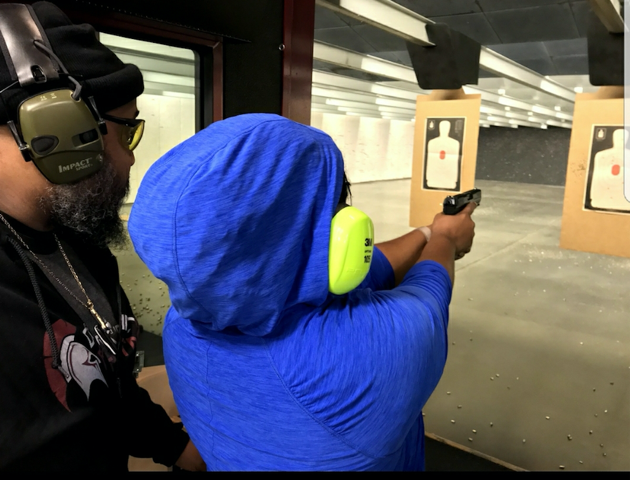National Security Advisor Condoleezza Rice was finally allowed to meet publicly with the independent commission investigating the possible prevention of the 9/11 attacks.
It took some time before she was allowed to testify because of a long-standing, tacit rule which suggested that a sitting National Security Advisor not testify before any formal panel.
But after receiving pressure from the families of the 9/11 victims, the commission itself, and the public, President Bush allowed for Rice to testify under oath, though his own political future was inextricably bound to a good or bad showing from Rice.
And as the world watched, considering that most national television networks in America carried the hearing live at 9 a.m., Rice admitted that “there was no silver bullet” that could have prevented 9/11.
Her testimony was ultimately seen as inevitable because of earlier statements made to the commission by her counterterrorism aide Richarde Clarke, who said that President Bush did not make Al Qaeda an immediate concern before 9/11 despite his warnings.
Rice was to allay any worries generated by Clarke’s testimony.
But she only further exasperated the families of 9/11 victims by not taking responsibility for the attacks as a representative of the nation’s top security team and advisor to the president.
“We need an admission that mistakes were made,” said Beverly Eckert, widowed on Sept. 11 and now a member of a victims’ family steering committee.
But what Eckert needs, more importantly, is a National Security Advisor that is honest to her own self.
Rice has disappointed a host of people, including many Afro Americans in America, because of her statements against affirmative action, which is a program that undoubtedly helped her climb the political ladder.
Rice—who is a Birmingham, Alabama native—succeeded at the University of Colorado and eventually became a fellow at the Council on Foreign Relations (CFR). She was a professor at Stanford University before becoming the university’s provost.
Affirmative Action, or some systemic process of considering minority status, undoubtedly allowed her to take the leaps she did at Stanford and at the CFR despite her credentials.
So why would should she try and dismantle Affirmative Action as the provost of Stanford University?
The Council on Foreign Relations has not always accepted large numbers of Blacks as members, let alone women, but she was given membership status and a fellowship position. Of course the CFR decided that they needed a different perspective rather than just the country’s best scholars and politicians. They have enough of those.
So ostensibly, the credibility of Condoleezza Rice became a questionable factor during the 9/11 panel, but many Afro Americans were skeptical about Rice several years before then.



